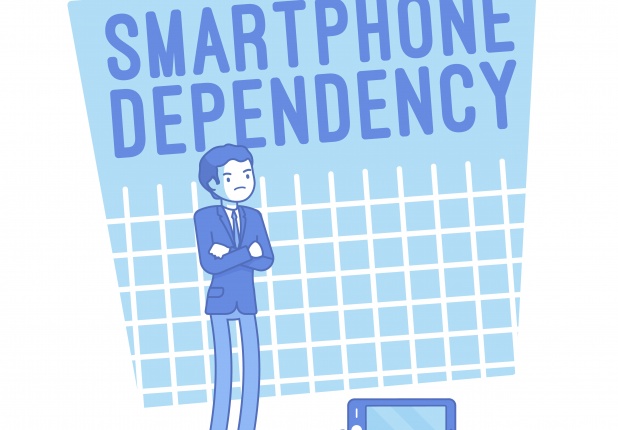3 Tips for Managing the Preservation of Mobile Device Data
Even when the need to preserve mobile data is clear, for clients who are not technical experts or who do not have technical experts on staff, how to go about actually preserving that data may not be so obvious. As legal professionals, it is important that we understand how to help our clients preserve mobile data and what pitfalls they may encounter.





